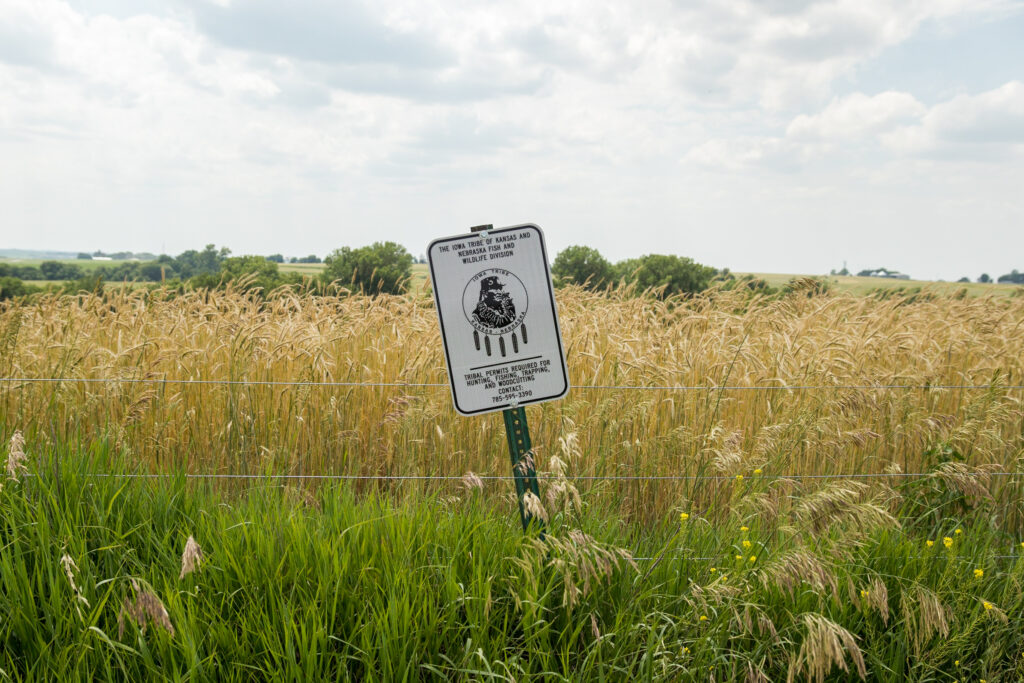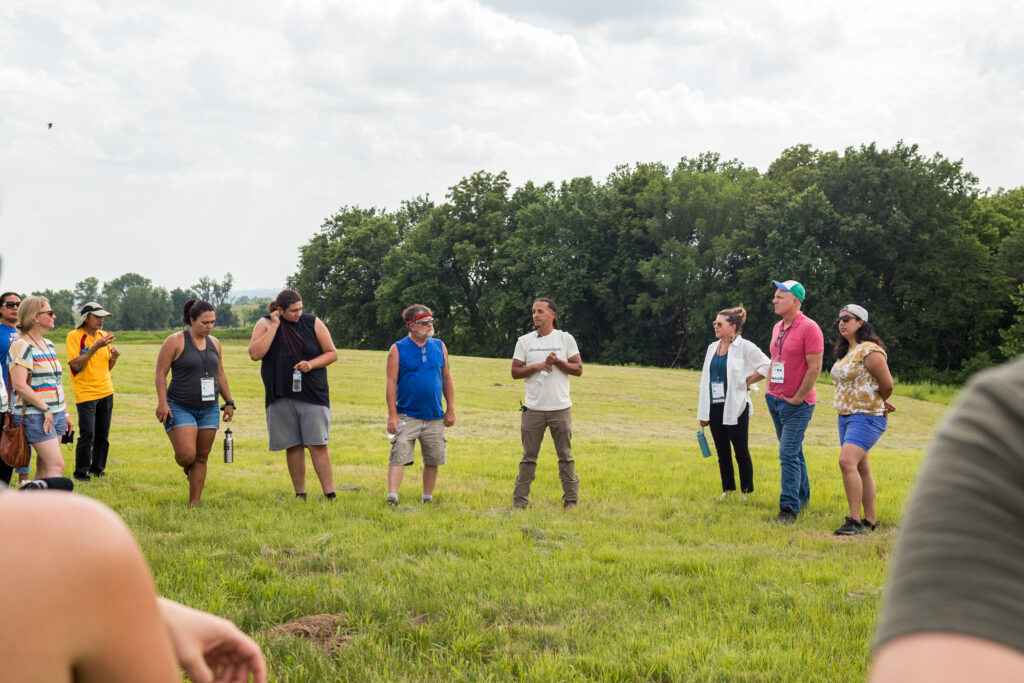Sustainable agriculture and food systems is a complicated funding space. Many of the structural inequities that give rise to challenges funders seek to address are rooted historically in violence against both people and land, theft of labor and freedom, and irresponsible, sometimes illegal, extraction of resources. Funding directed exclusively at the symptoms of these underlying issues will not result in significant or transformative change, nor will funding that does not meet the scope of the necessary solutions.

Our Work
Our work is to help funders connect with and learn from their peers, find alignment and points of collaboration within their work, and build their capacity to act together in ways that produce greater systemic results than acting solely on their own. We embrace the role of public policy as a key lever in pushing transformative change and are committed to helping funders effectively deploy their influence in the policy arena as well as in the funding arena.
Implicit in this approach is the recognition that transformative change requires a shift in control over resources, including philanthropic funding, to the people who run the communities and businesses suffering the negative impacts of structural racism and inequity. In our sector, that means Indigenous people, Black, Hispanic and Asian people, people living in low socio-economic circumstances in both urban and rural places, and people who are otherwise marginalized in the agriculture sector and denied sovereignty over their food access and choices.
Focus Areas
A significant portion of our program and policy work focuses on three areas of impact:

Land Access – Food sovereignty for Tribal nations and Indigenous communities, food justice for communities of color, rural, and low-income Americans, the ability of the next generation of farmers and farmers of color to make a living on the land and keep agricultural lands in production using sustainable and regenerative farming methods, all are contingent on the expansion of land access beyond the current landholding class of predominately White Americans and, increasingly, absentee corporate landlords.
Consolidation and Concentration – A significant contributing factor to the lack of land access is the trend toward consolidation of farmland into larger farms, with fewer farmers overall and fewer opportunities for beginning farmers and ranchers and farmers of color. In highly concentrated food system sectors – meat and dairy processing, grain trading, seed sales, farm machinery and others – workers have little power to demand proper working conditions and equitable treatment. Institutional buyers and retail consumers bear the brunt of externalized costs for environmental and social harms caused by consolidation and concentration.
Climate Change – Increasing challenges to livestock health and declines in crop yields and quality due to an increase in extreme weather events in the United States and abroad threaten rural livelihoods, sustainable food security, and price stability. Not only is it critical to mitigate the effects of climate change on agriculture, it is also critical to harness the power of agriculture grounded in Indigenous knowledge and regenerative approaches to actually improve climate resiliency.
We also offer recurring and innovative special programs and activities focused on Indigenous Food Systems and Sustainable Fibers and Textiles, in addition to a broad range of other programs and policy opportunities.